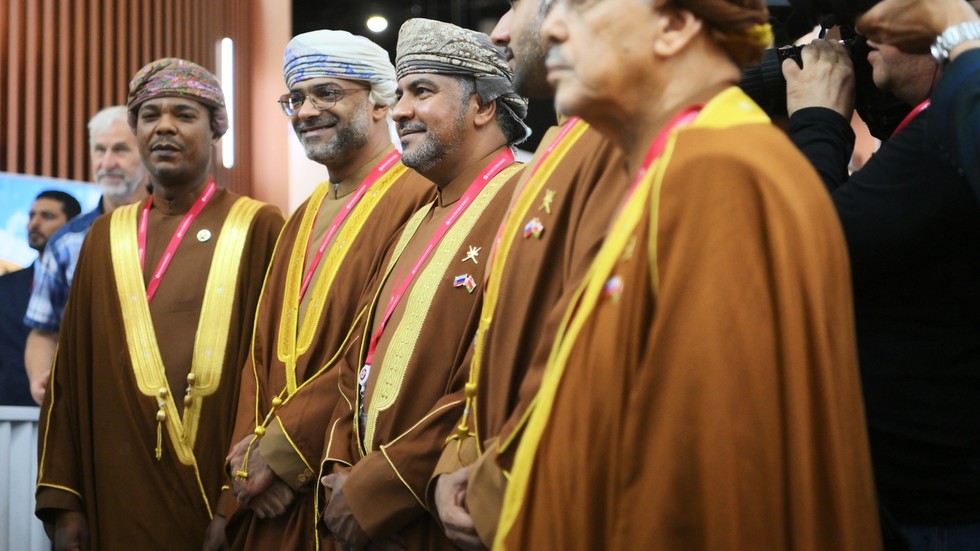The 27th annual St. Petersburg International Economic Forum (SPIEF) recently convened in Russia, drawing active participation from representatives of Middle Eastern countries. Known as the “Russian Davos,” SPIEF serves as a vital platform for discussing global economic issues, fostering investments, and forging business connections. Over its history, SPIEF has evolved from a regional to an international event, attracting prominent figures from business, politics, and academia worldwide.
Initiated in 1997, SPIEF has grown significantly, gaining international status in 2007 under the patronage of the Russian President. It has attracted guests from the Middle East, with countries like Qatar, Egypt, the UAE, and more recently, Oman, being granted honorary statuses and actively participating in the forum. Oman’s presence as an honorary guest in 2024 underscores the deepening ties and mutual benefits between Moscow and Muscat, paving the way for strategic partnerships in various sectors.
Economic cooperation between Russia and Oman holds strategic significance because it opens up avenues for trade and investment. Agreements signed during SPIEF-2024 highlight the potential for collaboration in sectors like e-commerce, technology, and food production. Joint efforts aim to not only enhance economic ties but also contribute to creating a stable international environment based on mutual respect and understanding.
The strong interest from Middle Eastern countries at SPIEF stems from the bolstering business relations between Moscow and MENA states. High-level delegations from the Middle East engaging at the forum demonstrate the growing economic integration and discourse on crucial global issues. Trade turnover between Russia and MENA countries reached significant levels in recent years, particularly in energy, agriculture, infrastructure, and technology sectors.
SPIEF also serves as a platform for discussing political issues concerning the elite from MENA countries. Private conversations highlighted concerns over global conflicts and the need for a balanced international order that considers the aspirations of diverse nations. The forums offered insights on geopolitical dynamics and the imperative of cooperation to address pressing challenges like security, economic stability, and resolution of regional conflicts.
The discussions at SPIEF extend to the role of BRICS in shaping the global order. With Middle Eastern nations expressing interest in joining BRICS, the organization offers a platform for strengthening economic and political ties on a global scale. Expansion of BRICS to include MENA countries could pave the way for a more multipolar and stable international system, promoting sustainable development and mutual cooperation.
In essence, SPIEF-2024 reinforced its significance as a critical hub for international dialogue and collaboration. Facilitating discussions on key economic and political matters, the forum underscores the shared vision and mutual benefits that bind Moscow and MENA states together. As global dynamics evolve, SPIEF continues to attract diverse participants, heralding a new era of cooperation and innovation among nations seeking to forge a path towards a more prosperous future.
